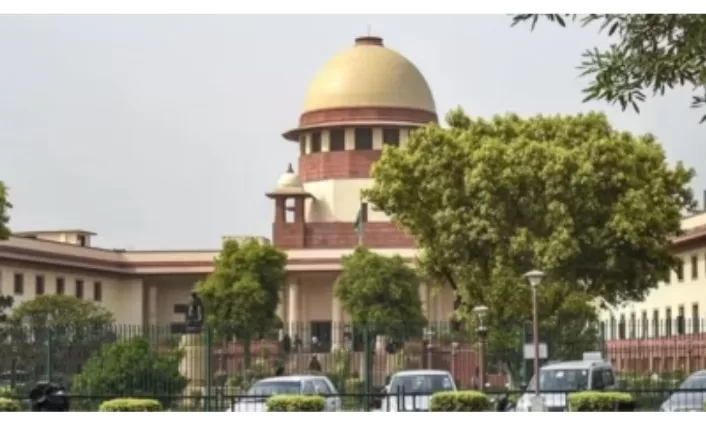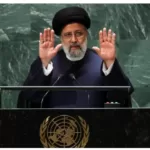New Delhi: A Constitution Bench led by Chief Justice of India D.Y. Chandrachud convened on Wednesday to deliberate the constitutionality of the continual extensions granted to the reservation of seats for Scheduled Castes (SCs) and Scheduled Tribes (STs) in the Lok Sabha and State Legislative Assemblies.
Originally, the Constituent Assembly, under the guidance of Dr. B.R. Ambedkar, envisaged reservations for SCs/STs for a mere decade from the inception of the Indian Constitution in 1950.
However, Article 334 of the Constitution, addressing the timeline for discontinuing seat reservations for SCs/STs and Anglo-Indians, witnessed multiple amendments over the years. Each revision consistently extended the deadline by a decade or so.
Commencing with the Constitution (8th Amendment) Act of 1969, these amendments persisted until the Constitution (104th Amendment) Act of 2019, which not only terminated reservations for the Anglo-Indian community but also set 2030 as the ultimate cut-off for SCs/STs reservation in the Lok Sabha and State Legislative Assemblies. By 2030, the SC/ST communities would have enjoyed this reservation privilege for a remarkable 80 years since the Constitution’s inception.
On Wednesday, the Constitution Bench opted to scrutinize whether Parliament can repeatedly employ its constituent authority to amend Article 334, solely for the purpose of maintaining SC/ST seat reservations in the Lok Sabha and State Legislative Assemblies.
The core query framed by the five-judge Bench is as follows: “Whether the exercise of the constituent power of amendment to extend the period prescribed for the expiration of reservation under Article 334 of the Constitution is constitutionally valid.”
It’s essential to note that the court clarified that its evaluation would pertain exclusively to the 104th Constitution Amendment Act of 2019 concerning the SC/ST communities, leaving out the matter of Anglo-Indian quota termination after seven decades of its existence.
“Does your argument revolve around the continuous reservation of seats for specific communities, thereby inhibiting members of other communities from contesting elections in these constituencies?” Chief Justice Chandrachud inquired, addressing senior advocate C.A. Sundaram and advocate Rohini Musa, who represented petitioner Ashok Kumar Jain.
Mr. Sundaram contended that the persistent and recurrent extensions of reservations for specific communities had deprived voters of the liberty to choose their candidates freely and cast their votes without constraints.
He emphasized that the challenge wasn’t confined to the 104th Amendment alone but encompassed the overarching “principle” behind extending reservations to SCs and STs in Parliament and State Assemblies.
Mr. Sundaram argued that these periodic extensions of reservations amounted to a violation of the fundamental right to equality enshrined in Article 14 of the Constitution. The petition contended that these extensions violated the fundamental structure of the Constitution by excluding other communities from participating in elections within these reserved constituencies. The right to equality, it asserted, encompassed the right to equal representation in government.
Representatives of the Union of India, led by Attorney General R. Venkataramani and Solicitor General Tushar Mehta, maintained that the 104th Constitution Amendment Act was constitutionally sound.
The Constitution Bench, also comprising Justices A.S. Bopanna, M.M. Sundresh, J.B. Pardiwala, and Manoj Misra, scheduled the date for the hearing on November 21.







